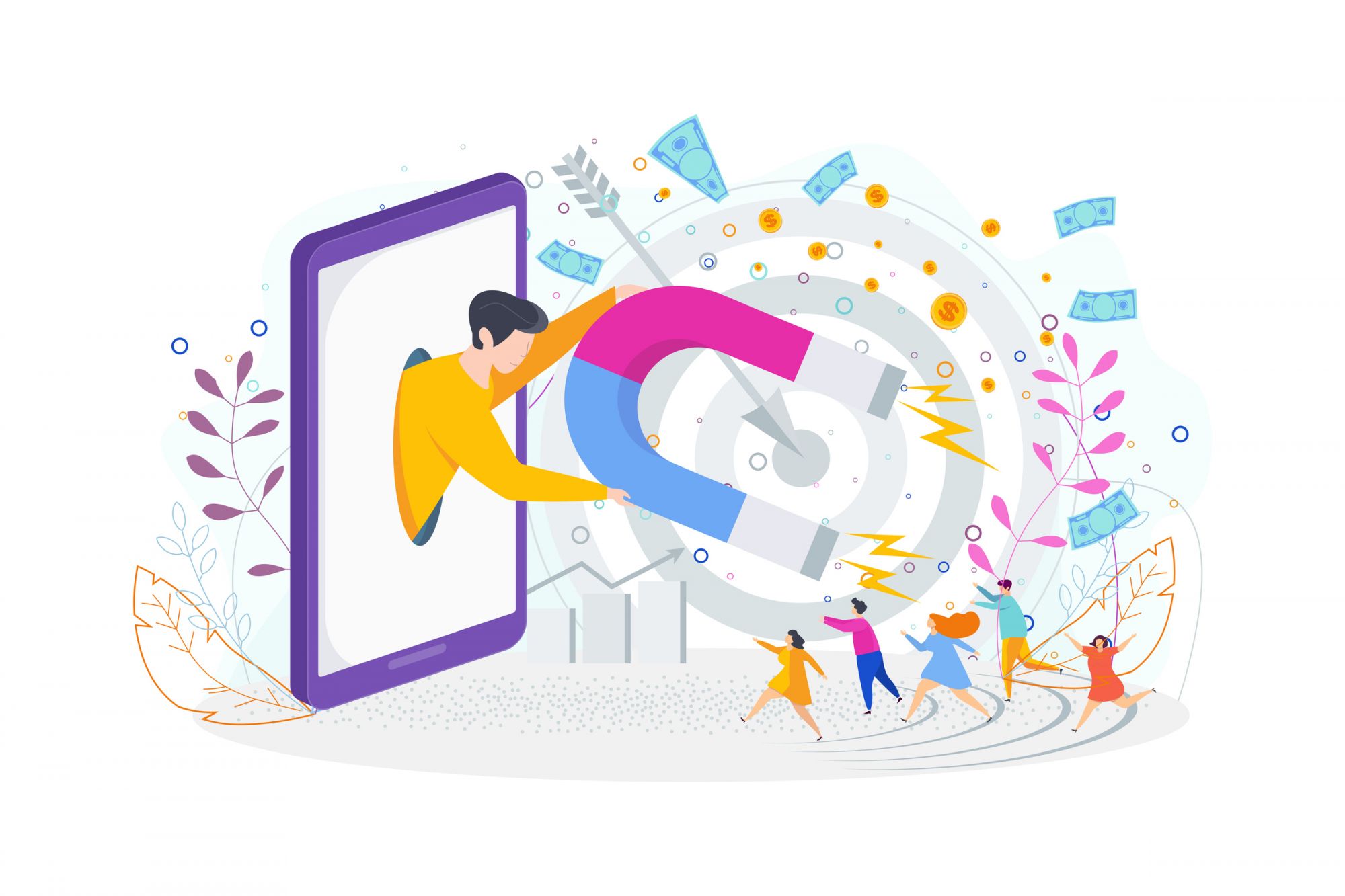Three ways to overcome sales objections.
6 min read
Opinions expressed by Entrepreneur contributors are their own.
We all dream of marketing a product with no resistance or objections whatsoever on sales calls. Imagine a potential client being thrilled by the chance to work with you or purchase your product, rather than meeting you with objections. Imagine having a truly irresistible product or service that closes the deal at higher rates than you’ve seen before. There’s a common misconception that irresistible is a term only reserved for cutting edge inventions or brand new innovations, but an irresistible product simply means that a customer or client can’t resist it.
I recently discussed this with Sabri Suby, who is the head of growth for marketing agency King Kong. His company specializes in helping companies get new customers, so we sat down to talk about the best ways to make your product irresistible and keep a steady stream of customers coming in.
Related: 7 Bulletproof Strategies to Increase Sales and Make More Money
“Sales and marketing comprise 80 percent of business,” Suby says. “Which means you must remove the standard resistance creators from your offering to attract clients.” Whether it’s pricing, proof of concept, a saturated competitive landscape or ambiguous results, getting to the heart of why your current offering isn’t flying off the shelves is a great first step. Then, consider these following ideas for making your product truly irresistible.
1. Highly specialize your product or service
Suby believes that one of the reasons King Kong has been able to stand out is by talking actual dollars and ROI in discussions with clients, which is unusual. It’s critical that you know what makes your product or service different and how this difference helps to better serve the customer. Leslie Ye writes that the most common variations of sales objections include “We’re already working with another vendor,” “I’m locked into contract with a competitor,” “I can get a cheaper version somewhere else,” and “I’m happy with your competitor.” Because many sales objections include the mention of another company, it’s vital to become a standalone from your expertise and experience.
Related: 10 Pricing Strategies That Can Drastically Improve Sales
The best way to outperform the competition and create an irresistible product is to be the very best at what you do, and do it publicly. This will likely mean narrowing down what you focus on more than you’d like at first. But because there is so much competition in generic industries like social media management and copywriting, for example, it’s important to get incredibly specific on who it is you serve. Social media management for sports companies or copywriting for monthly update newsletters are far less crowded spaces. Over time, you’ll become the go-to for that niche specifically, and then there won’t be any competition.
2. Attach payment terms to KPIs
One of the strongest objections to paying for a product is wondering how well it works — even if there are plenty of testimonials and case studies available on your website. If a potential customer is on the fence about how well your product or service will work for them, they’ll continue to look for reasons not to invest. This can be frustrating when you’re depending on the money, especially when you’re first getting started.
Related: 10 Growth Hacking Strategies to Triple Your Sales
Suby knew sales, but he still ran into one major issue when he tried to grow his business: Many other agencies were charging high prices with ambiguous metrics for success. So Suby decided that rather than charging his clients then going after the KPIs to make them successful, he wouldn’t make them pay until his agency hit those target metrics for them. “That meant the team was working for free, and we were sticking out our necks for the clients,” Suby says.
After all, it’s not that clients don’t want to pay — they just don’t want to pay and be disappointed with the results.
3. Drum up a sense of urgency.
Once examples of ROI have been set and payment terms are attached accordingly, there’s one more form of resistance that often strikes right when you think the sale is about to close: the “I’ll get back to you next week.” If the potential client or customer isn’t acting immediately, there’s still some type of resistance — even if it just seems that they need to talk it over with their business partner first. In this case, say something like, “I understand, but I will let you know that the pricing I offered you is on the tail end of our current promotion and will increase by 30% at the end of the week.”
Suby has drummed up this sense of urgency with King Kong’s clients, and it’s worked so well that they actually have a waitlist of clients waiting to work with them. This waitlist plays into the urgency, too. Once they’re off the waitlist, there’s an urgent push to purchase right then.
Related: 7 Psychological Strategies for Mastering Sales Negotiations
The same can be done for online sales. In an article for CXL, entrepreneur Marcus Taylor shared the results of a split test he performed in pricing methods. One page simply showed the current discount, whereas the other showed the discount with a big red clock counting down from twenty minutes. Taylor recognized a conversion rate for the countdown page that was three times that of the page that simply stated the discount.
If you’re the very best at what you do, you prove skin in the game to the client by putting the money on the line, and a sense of urgency causes them to act now, then congratulations — you have a truly irresistible offering. Rinse and repeat these strategies on your services and products as needed.







